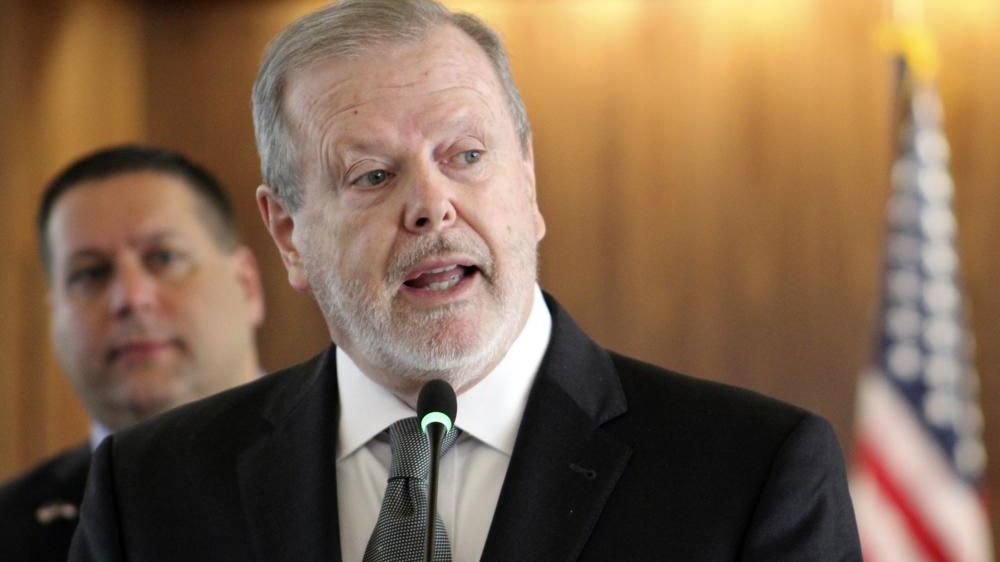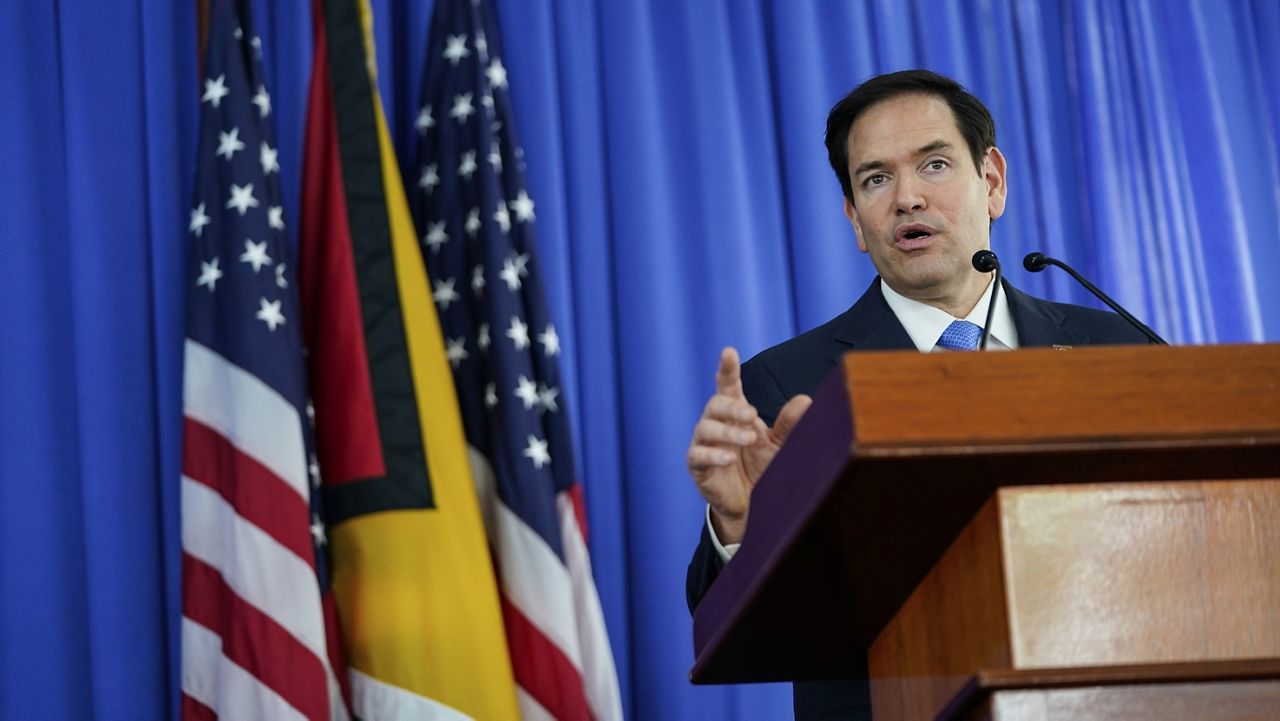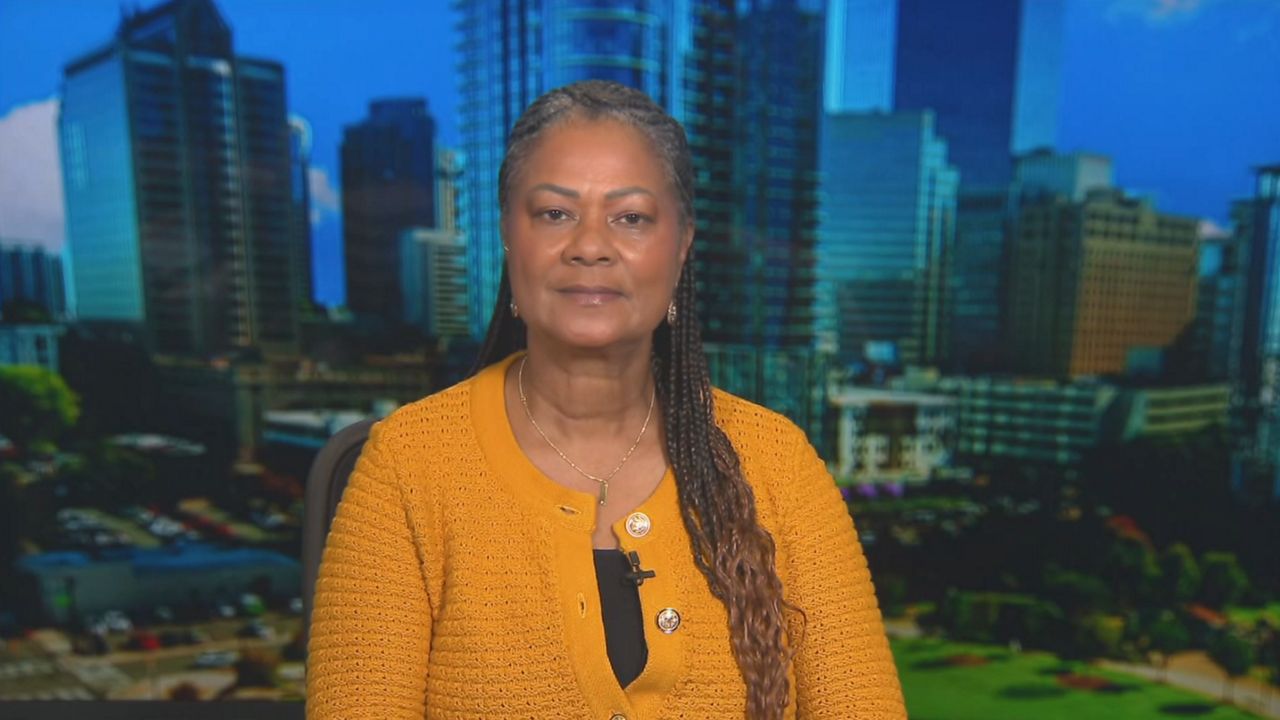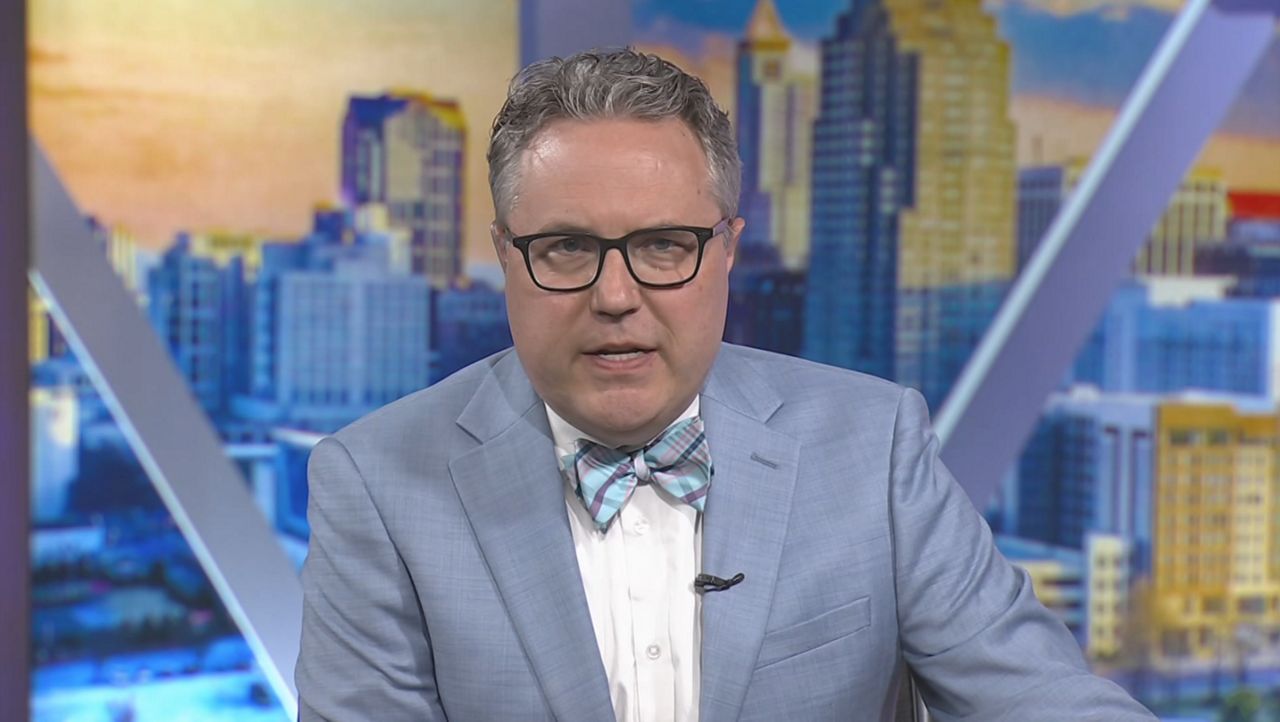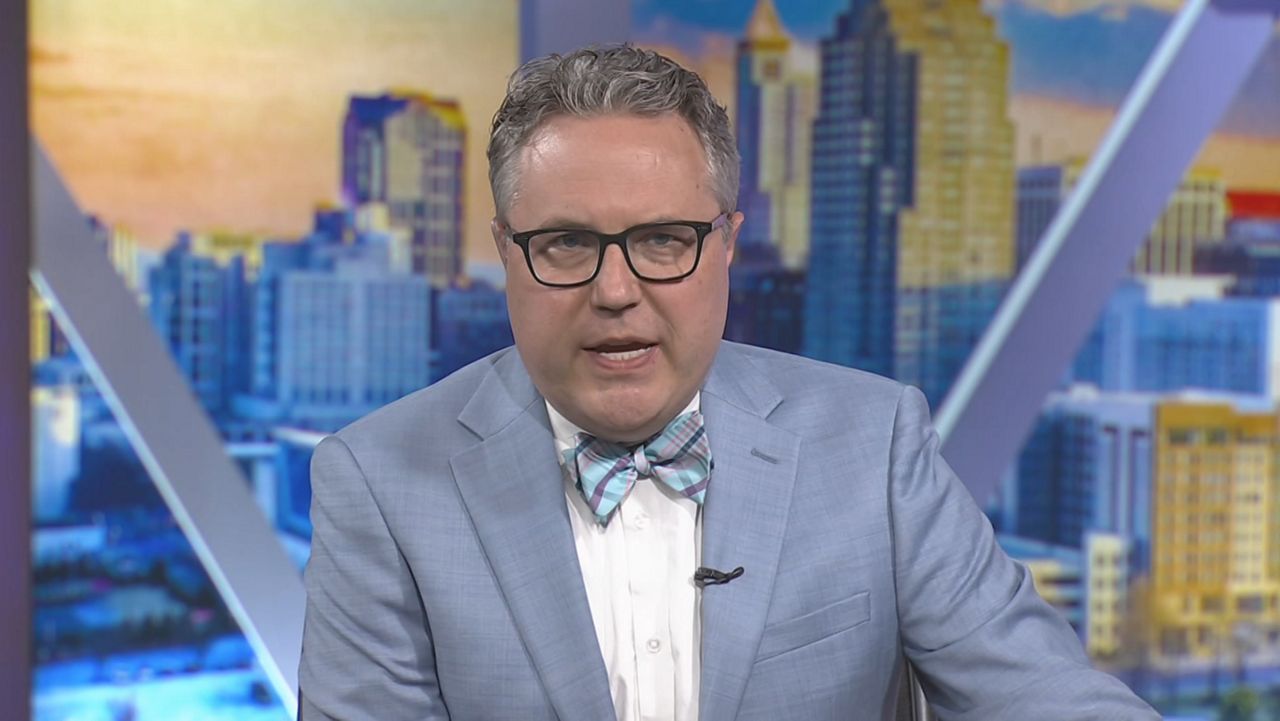The clock is ticking for North Carolina legislators hoping to wrap up the session before the July 4 long weekend.
It’s been a busy short session at the General Assembly, with debates on hemp and medical marijuana, a new state budget and sports gambling.
One of the biggest surprises of the session was a Republican proposal to expand Medicaid in North Carolina, which the GOP-led legislature has resisted for more than a decade.
The bill quickly passed the state Senate with bipartisan support but met resistance in the House. Republican leaders in the House came up with their own plan that puts off any up-or-down vote on Medicaid expansion to the end of the year.
The House bill passed there. But it still needs approval from the Senate before it can go to Gov. Roy Cooper’s desk. it will be up to the governor to decide to sign it, issue a veto or simply let it become law.
I’m encouraged that both the House and Senate agree that North Carolina needs to expand Medicaid. It is imperative that an agreement is reached to get this done now. - RC
— Governor Roy Cooper (@NC_Governor) June 28, 2022
The Medicaid debate has become pretty murky since Phil Berger, the leader of the Senate, first proposed it five weeks ago. Here’s the breakdown and where things stand now:
Congress voted to allow states to expand Medicaid to cover more people in the Affordable Care Act, also known as Obamacare, during the Obama administration.
Medicaid expansion would give health care coverage to anyone making less than 138% of the federal poverty level. That works out to $18,754 for an individual or $38,295 for a family of four.
If North Carolina expands the health care program, it would give coverage to up to 600,000 people in the state. About half of those are covered already through COVID-19 emergency funding.
North Carolina is one of a dozen states that has not expanded Medicaid. Congress last year approved new funding for incentives to get the last holdouts to extend the coverage, including $1.5 billion for North Carolina.
When Berger proposed his Medicaid expansion bill, he said adding hundreds of thousands to the health care rolls would be budget neutral. The Senate bill would pay for the expansion with fees on hospitals that would, in turn, be paid by the federal government.
The federal government covers 90% of the costs for expanded Medicaid coverage. Berger said that after a decade and numerous legal challenges to the program, he did not think that 90% would go away.
The House rejected the Senate’s bill that would have extended Medicaid. A big sticking point was work requirements for people getting health care coverage. The Senate bill included a work requirement, but there’s an ongoing court case over whether or not the state can require Medicaid recipients to work.
“They’re buying a car without test driving it,” House Speaker Tim Moore, a Republican, said last week. “This thing’s been too much of a political football from day one.”
Instead of passing the Senate bill to expand Medicaid and then figuring out if it could include the work requirement, the House came up with a different idea.
The House bill allows state Health Secretary Kody Kinsley to negotiate with the federal government about issues like requiring Medicaid recipients to have a job or be in a work training program. The Department of Health and Human Services would figure out a workable deal with the feds and bring that back to the General Assembly.
Moore said once the negotiations are complete, the General Assembly would vote in December on whether or not to expand Medicaid in North Carolina.
The Senate already passed its own bill, but that died in the House. If the Senate agrees to the House idea of having negotiations before a December vote, state Senators will have to pass the House bill.
That bill is currently sitting in the Senate Rules Committee, the last stop before going to the Senate floor. If the General Assembly sticks to its self-imposed timeline, the state Senate only has until the weekend to pass the bill.
It's not clear if or when the full Senate could take up the new Medicaid bill.
If the Senate agrees to the House compromise on Medicaid expansion, it will go to the governor’s desk. Then it’s up to Cooper, who has long been one of the strongest advocates for Medicaid expansion in North Carolina.
“I’m encouraged that both the House and Senate agree that North Carolina needs to expand Medicaid. It is imperative that an agreement is reached to get this done now,” the governor tweeted earlier this week.





